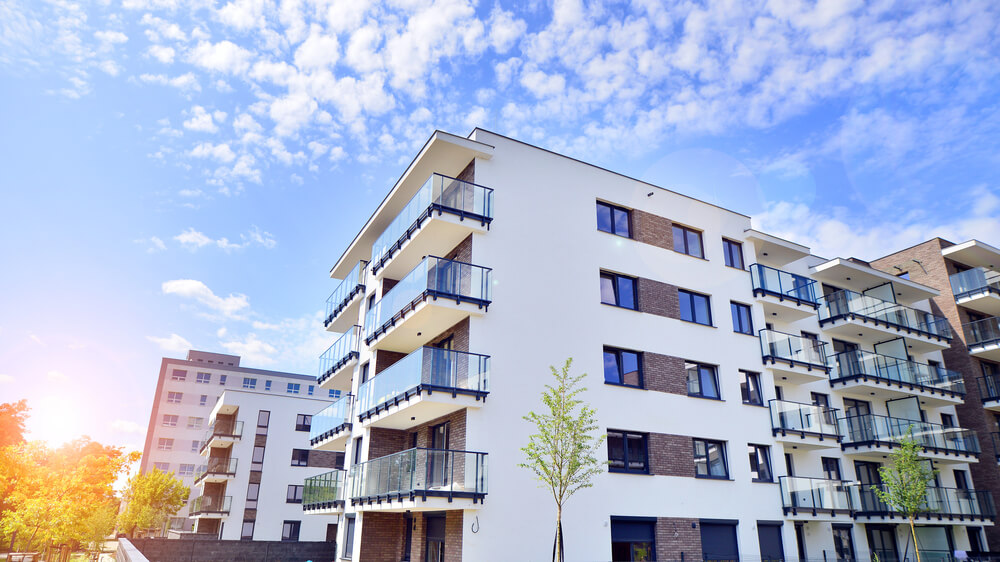Public housing helps approximately 970,000 low-income households find safe, affordable places to live. These homes are managed by local housing offices and paid for by the federal government through the Department of Housing and Urban Development. The goal is to make sure families, seniors, and people with disabilities have a decent place to call home — even if money is tight. But does that mean public housing is free?
Is There Free Public Housing Available?
Public housing is more affordable than regular rentals, but it’s not free. If you live in public housing, you still pay part of the rent, which depends on how much you earn. This way, the rent stays manageable, and you still take part in paying for your home. It’s a system that gives people a steady place to live while making sure the cost fits their budget.
How Much Does Public Housing Actually Cost?
When you move into public housing, your rent is typically set at about 30% of your monthly income. For example, if you earn $1,200 a month, your rent would be around $360. This system keeps your housing affordable based on what you earn.
In addition to rent, you might need to pay a security deposit. This deposit is usually equal to one month's rent and is refundable if you leave the unit in good condition. Some housing agencies allow you to pay this deposit in smaller amounts over time, making it easier to manage.
Utilities like electricity, gas, and water may or may not be included in your rent. If they're not included, you'll be responsible for paying them separately. To help with these costs, housing agencies often provide a utility allowance, which reduces your rent to account for typical utility expenses.
There could be other small fees, such as charges for late rent payments or replacing lost keys. These fees are meant to cover specific costs and are usually outlined in your lease agreement.
Who Pays for Public Housing?
Public housing relies on several sources that work together to keep the program going strong and available to the people who need it.
Federal Government
Public housing mostly gets its money from the federal government through the U.S. Department of Housing and Urban Development. HUD gives funding to local public housing authorities so they can build, manage, and take care of public housing units. This money comes from two main sources:
-
Capital Fund: Helps pay for building and fixing homes
-
Operating Fund: Covers everyday costs like repairs and utilities
State and Local Governments
Along with federal help, state and local governments also chip in to support public housing. They might use housing trust funds, offer tax breaks, or give out grants to help create and maintain affordable homes. For example, a city could set aside part of its budget for local housing programs or give tax credits to companies that build affordable housing.
Private Investors
Private investors help too, through a program called the Low-Income Housing Tax Credit. This program gives tax breaks to developers who build or fix up rental homes for people with lower incomes. By using money from private investors, this program helps add more affordable housing without depending only on government funding.
Affordable Public Housing Can Help You Get Ahead
If you’re living on a limited income, facing tough times, or trying to support your family, public housing can give you a solid foundation. It’s meant for people who need stability so they can focus on things like work, school, or caring for loved ones.
When rent is affordable, you're more likely to keep up with bills, stay in one place longer, and feel more secure. That’s why housing authorities exist — not to give out free public housing, but to make it possible for you to have a real shot at moving forward.









